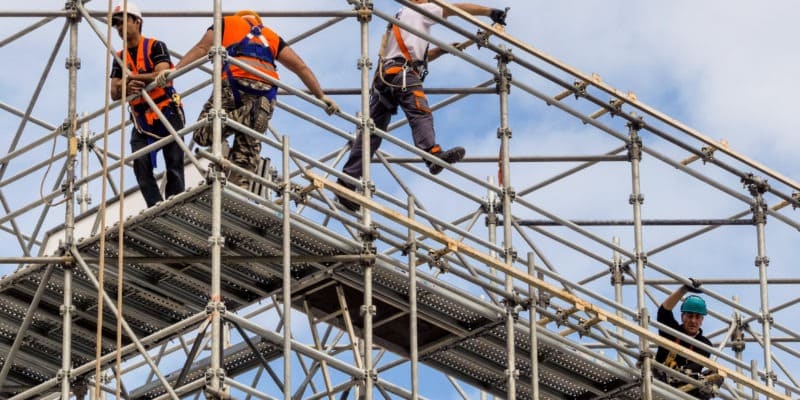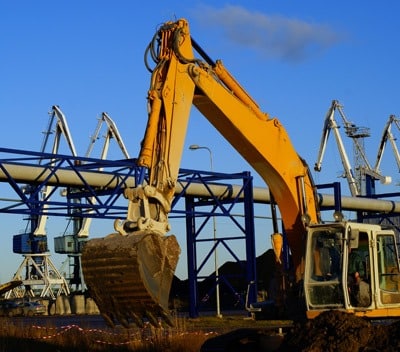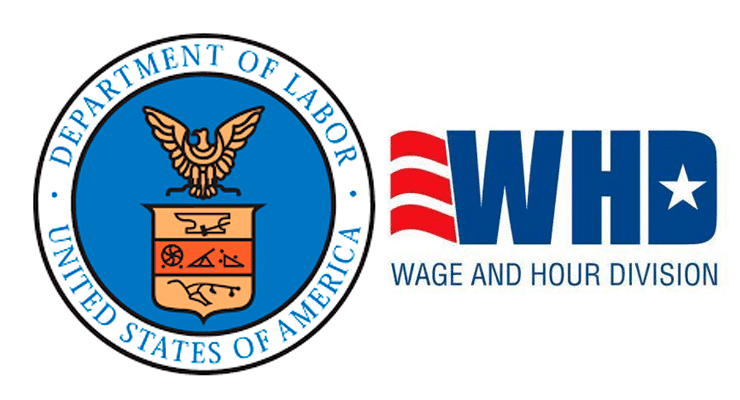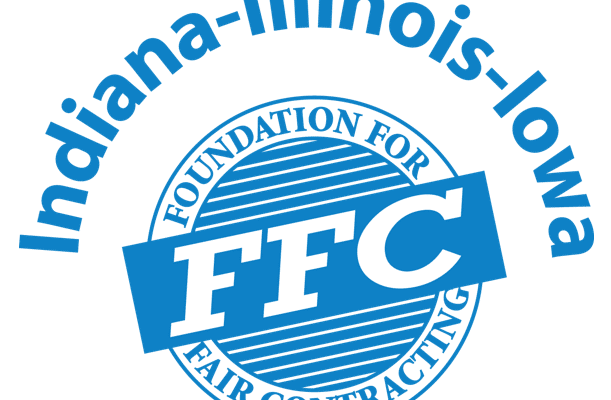FOR IMMEDIATE RELEASE: May 30, 2024
CONTACT: Jill Gigstad, III FFC
In early July, the Valparaiso City Council voted unanimously to amend and strengthen the city’s local Responsible Bidder Ordinance (RBO), focusing on apprenticeship requirements for contractors bidding on publicly funded projects.
An RBO is a resolution incorporated into a public body’s procurement codes, outlining specific criteria contractors must meet to be eligible for public contracts. These ordinances ensure that public projects are awarded to contractors who are not only responsive but also responsible, employing skilled tradespeople, delivering superior work quality, and providing greater value to taxpayers by prioritizing training, labor, and safety. Since 2021, over 50 RBOs have been passed by local governments across Indiana.
Valparaiso has had an RBO in place since 2016. However, recognizing the need for more specific guidelines, the city has now updated the ordinance to include detailed requirements for apprenticeship graduation rates. The revised ordinance mandates that contractors and subcontractors bidding on Valparaiso public works projects worth at least $150,000 must participate in an apprenticeship training program that has graduated at least five apprentices each year for the last five years for each of the construction crafts the company will perform on the project.








